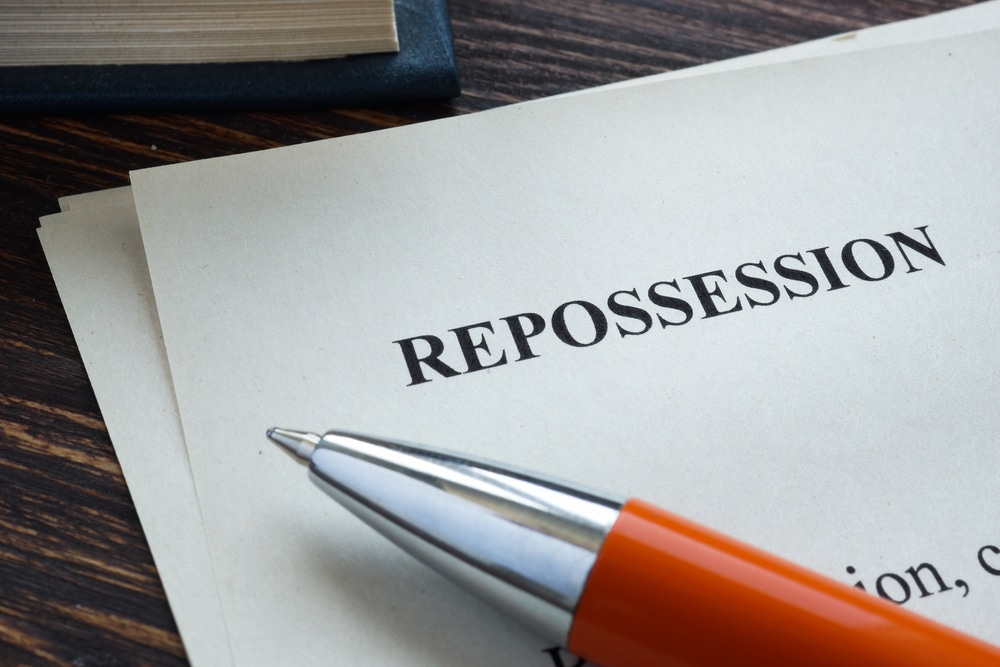A mortgage application is a big step towards securing a new house.
It’s the most significant loan most people will take out in their lifetime. So, mortgage lenders are cautious about it.
It could take anything from days to months before the application is approved.
What this looks like is different from person to person, so take a look at our tips below to make the process as stress-free as possible.
What is a mortgage application?
If you’re buying a property, chances are you’ll need a loan to do it – this is where mortgages come in.
You can take out a mortgage for usually a maximum of 4.5 times your income.
And it will typically take 25 years to repay, though options for much longer terms have recently come onto the market.
Considerations around mortgages
You’ll also have to consider the mortgage type and which repayment plan works best for you.
Most go for a full monthly repayment, whereas a buy-to-let investor looking to sell the property later may opt for an interest-only mortgage.
How long does a mortgage application take?
A regular mortgage application usually takes around four weeks from start to finish.
This can vary depending on:
- How busy the lender is
- The time of year
- The nature of your application (if it’s more unusual, it may take longer to asses)
(Applications to other kinds of mortgage – for example, buy-to-let mortgages – might take less or more time, depending on which type it is.)
What steps are involved in a mortgage application?
Applying for a mortgage might seem daunting, but the process is often simple.
Documentation required
The mortgage lender will ask for documents such as:
- Proof of identity
- Proof of address
- Recent bank statements
- Proof of your employment.
They’ll also look at your credit record, which will leave a mark on your credit file for six months.
Don’t apply too often!
If you’re rejected at this stage, it’s not recommended to apply for another mortgage in a short space of time to impact your credit score further.
Surveys
While the checks are going on, the lender will order a survey to be done on the property.
This is to assess whether it’s worth what the seller and estate agent have said it is.
These are usually arranged and completed quickly (a few days) to avoid any delays on the lender’s side in issuing you a decision.
Offer!
Once all the above is completed and the lender is happy – you have a mortgage offer!
It’s usually valid for three to six months, depending on the lender.
However, do note that in some circumstances, lenders can withdraw offers.
How to speed up the mortgage application process
You can do some prep work before you even fill out the mortgage application to keep things speeding along.
Updated your documentation
Make sure your IDs are up to date and you have bills going out in your legal name – both will be needed for identification checks from the lender.
Check through your bank statements from the last few months and ensure there are no anomalies. If something doesn’t look right, get it cleared up with your bank ahead of time.
This is especially important if you’re self-employed or have just gotten a new job.
Keep your credit record clean
Pay off any credit cards well in advance. This shows lenders you can make regular repayments.
Avoid any big purchases beforehand, like a car or personal loan, as this could affect how much the lender offers you.
Declare gifts
If you’re borrowing money from a family member or friend to make up part of your deposit, make sure to declare the money as a gift to your mortgage lender.
Mortgage lenders will want a signed declaration form to show the money is a gift rather than a loan.
This ensures that only the person named on the mortgage has a claim to the house.
Gifts and tax implications
This also has potentially costly tax implications.
If that family member or friend passes away before seven years have passed, you may have to pay inheritance tax on the gift.
It depends on the size of their estate – so lenders like to know exactly where your deposit has come from.
Remember that lenders want certainty and to ensure you can afford your monthly repayments. So, don’t give them any reason to doubt that you’re a responsible person to lend to.
How mortgage brokers can help
If you’re feeling stuck, working with a mortgage broker may also help speed up the process of applying for a mortgage and remove some of the application’s stress.
If all goes well, these experts can get mortgage offers through within a week from start to finish.



















